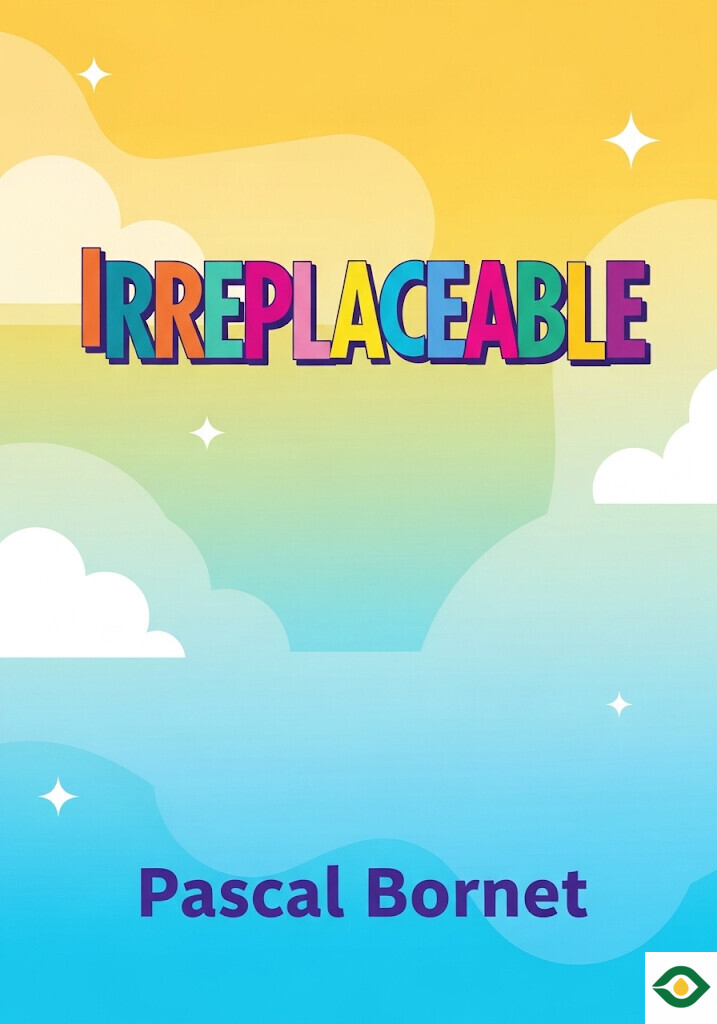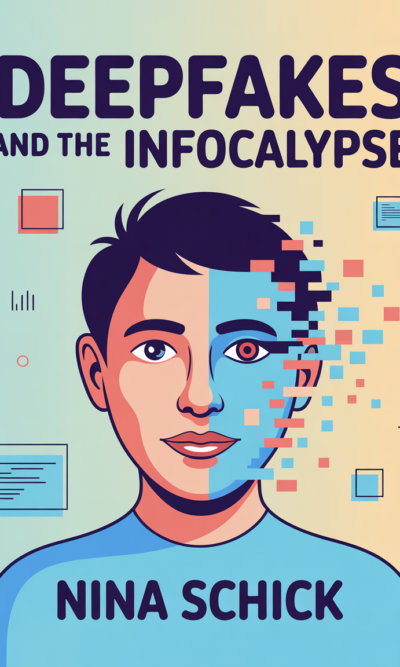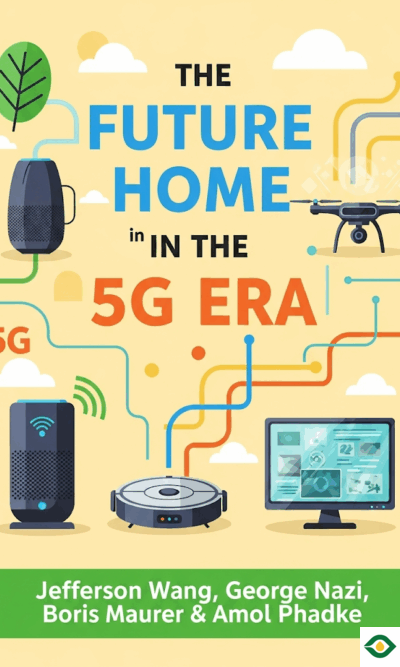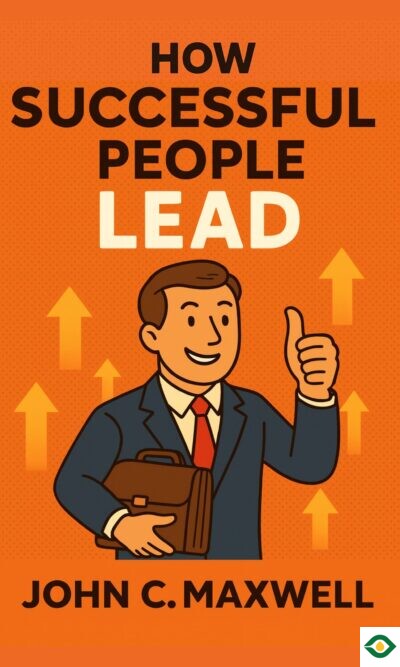Description
The world of work is changing faster than ever. Every day, new tools powered by artificial intelligence are introduced, and these tools can finish many tasks in minutes that once took humans hours. At first, this may sound frightening. If machines can do so much, what will be left for us to do? But the truth is that while AI is powerful, it cannot replace the full range of human qualities. The challenge today is not about competing with AI but learning how to make yourself irreplaceable alongside it.
Being irreplaceable means cultivating those abilities that machines cannot copy. It is about nurturing creativity, critical thinking, and authentic human connection. These qualities, sometimes called “human skills,” are the very things that set us apart. Technology is brilliant at calculations, pattern recognition, and speed, but it cannot truly feel, imagine, or connect the way we do. By strengthening our human skills, we ensure we can thrive in this new environment rather than be replaced by it.
Think about a simple example from daily life: a family misses a boarding call at the airport because of a technical error. A machine might close the gate automatically, without flexibility. But a human with empathy could make an exception and let them through. That kind of judgment is something algorithms cannot provide. This is why human qualities are so valuable—they bring fairness, compassion, and adaptability to situations that data alone cannot solve.
To develop these skills, start with creativity. Creativity does not only mean painting or writing music. It means looking at problems in new ways, asking “what if,” and daring to experiment. You can practice creativity by exposing yourself to diverse experiences, talking to people from different backgrounds, and even playing with ideas without worrying if they are “good” or “bad.” Curiosity is the fuel for creativity, and the more you explore, the stronger this ability becomes.
Next is critical thinking. In a world flooded with information, knowing how to question, filter, and evaluate is crucial. Critical thinking means not taking everything at face value. It requires asking why something is true, what evidence supports it, and what other perspectives might exist. You can build this skill by reflecting on your own assumptions, reading widely, and engaging in conversations that challenge your beliefs. The ability to weigh ideas carefully will always be a human strength that machines cannot fully match.
Then comes authenticity—being genuine in how you connect with others. People are drawn to sincerity. In a workplace full of automated emails and robotic systems, a real human voice stands out. Authenticity grows through self-awareness, honesty, and empathy. When you listen deeply, respect others’ feelings, and show vulnerability, you build trust. Machines cannot create this kind of trust, but people can. In fact, authenticity is often what makes leaders inspiring and relationships meaningful.
When these skills—creativity, critical thinking, and authenticity—are combined with AI, the result is powerful. A famous chess experiment once proved this. Teams of average players who partnered with AI beat both human grandmasters and supercomputers. The reason was not superior knowledge but the combination of human intuition and machine calculation. Together, the two sides achieved more than either could alone. This is the model for the future: humans and AI working side by side.
To succeed in such a world, you also need to be adaptable. Technology will keep evolving, and what works today may not work tomorrow. The most successful people and companies are those that stay flexible, eager to learn, and unafraid of change. Think of Netflix, which transformed itself from mailing DVDs to becoming a global streaming giant. Compare that to Blockbuster, which stayed stuck in its old model and disappeared. The lesson is simple: adapt, or risk becoming irrelevant.
This is also true for raising children in the AI era. Just as calculators once worried teachers, AI tools like ChatGPT may seem threatening today. But banning them is not the answer. Instead, children should be taught how to use these tools wisely, evaluate their outputs, and still think for themselves. Parents and teachers should focus on helping kids develop curiosity, teamwork, emotional intelligence, and problem-solving skills. These will make them resilient and irreplaceable, no matter how advanced machines become.
Businesses, too, must evolve. Companies that rely only on automation will fail to build trust with customers. The strongest organizations will be those that blend technology with human insight. They will automate routine tasks but rely on people for creativity, empathy, and ethical decisions. Importantly, they must establish clear rules for using AI responsibly, ensuring fairness and transparency. Customers want not just efficiency but also trust, and trust always comes from human values.
So, how do you begin your own journey to becoming irreplaceable? The first step is self-reflection. Identify your unique strengths and passions. What excites you? What do you naturally do well? Build on those qualities while also strengthening your creativity, critical thinking, and authenticity. From there, start using AI in practical ways. Let it handle repetitive tasks so you can focus on deeper work. For example, use AI to sort data, but spend your energy interpreting what that data means for real people.
Next, commit to lifelong learning. The skills that make you irreplaceable today may not be enough tomorrow. Enroll in workshops, take online courses, read widely, and keep experimenting with new tools. Learning should not stop once you finish school; in fact, it becomes even more important as the world changes. With each new skill, you increase your adaptability and resilience.
Finally, remember that being irreplaceable is not just about your career. It also affects your personal life and relationships. By cultivating authenticity, you build stronger connections with family and friends. By nurturing creativity, you find joy and meaning outside of work. By practicing critical thinking, you make better choices for yourself and those you love. These qualities not only protect your career but also enrich your whole life.
In the end, the rise of AI is not a threat to humanity but an invitation. It challenges us to double down on the qualities that make us human and to use machines as allies. The future belongs to those who can blend the efficiency of technology with the warmth of human insight. By doing so, you not only secure your place in the workplace but also create a richer, more meaningful life.
To become irreplaceable is to embrace this new era with confidence. It means choosing growth over fear, creativity over conformity, and authenticity over automation. It is about being ready for change, not resisting it. The journey is not always easy, but it is rewarding. And in the end, it ensures that no matter how advanced machines become, the most valuable resource will always be you.





